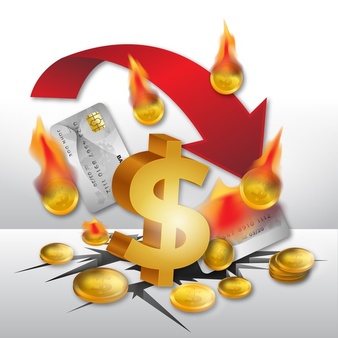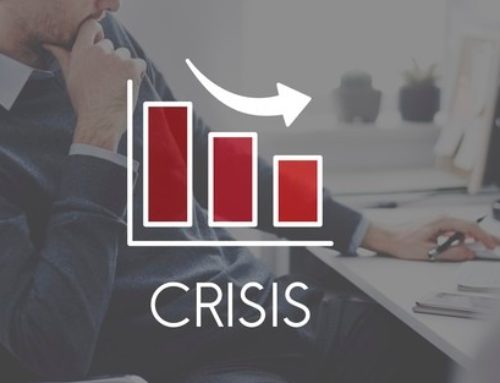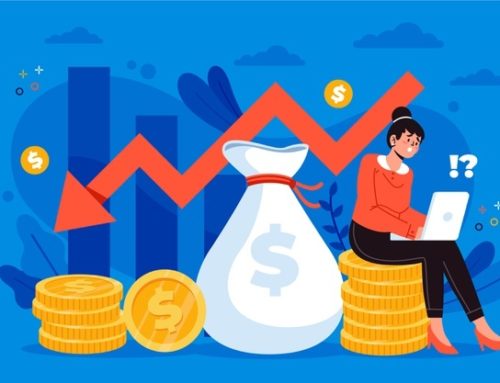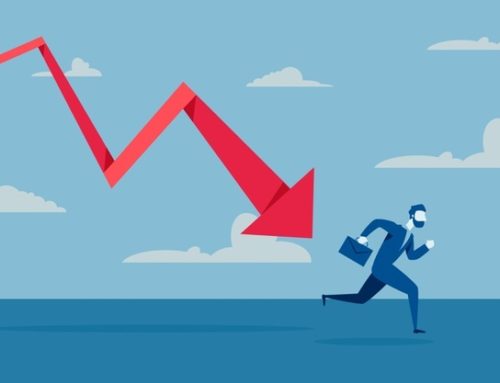Debtors who are struggling with debt can declare bankruptcy to get a fresh financial start. For most consumers, a Chapter 13 bankruptcy filing is the right fit for their current situation. Also known as the wage earner’s plan, Chapter 13 bankruptcies are the best option for a debtor who has failed the bankruptcy means test in Chapter 7, or wants to protect personal property that would be considered non-exempt under the bankruptcy code. This type of bankruptcy allows you to eliminate dischargeable debts by restructuring your qualified debts into a payment plan.
If this sounds like you, it’s time to consult with a local bankruptcy lawyer and consider filing for bankruptcy in Chapter 13. Here’s what you need to know about a Chapter 13 filing.
Bankruptcy Eligibility
You should only start working on your bankruptcy petition once you’ve confirmed that you’re eligible to file for bankruptcy in Chapter 13. As with liquidation bankruptcies, you’ll need to meet certain criteria to be qualified to file bankruptcy.
- You should have a steady income. Since you’ll reorganize your debts into a debt repayment plan, you need to have a steady source of income. A Chapter 13 bankruptcy case takes into consideration your monthly income and living expenses to ensure that your plan is feasible for your disposable income.
- Your debts shouldn’t exceed the state limit. State law sets a set debt limit for both secured debt and unsecured debt. Secured debts typically refer to loans secured by collateral (such as auto loans and mortgages), while unsecured debts are those debts that don’t give a creditor the right to take your property if you fail to make monthly payments.
- You can only file for personal bankruptcy. You can only file Chapter 13 as an individual, and not as a business. Declaring bankruptcy as a business will involve other types of bankruptcy, such as Chapter 11.
Reach out to a bankruptcy attorney for legal advice if it’s unclear whether you’re qualified to file bankruptcy under Chapter 13 given your current situation.
Bankruptcy Proceedings
 The bankruptcy proceeding starts by filling out your petition in bankruptcy and filing it to your local bankruptcy court. You need to provide information describing your financial situation in your petition for bankruptcy, including your gross income, a list of your loan debts, and your tax returns. You’re also required to complete a credit counseling course before filing.
The bankruptcy proceeding starts by filling out your petition in bankruptcy and filing it to your local bankruptcy court. You need to provide information describing your financial situation in your petition for bankruptcy, including your gross income, a list of your loan debts, and your tax returns. You’re also required to complete a credit counseling course before filing.
After filing your petition, an injunction called the automatic stay takes effect, which will provide you with temporary relief from debt collectors or collection agencies. A bankruptcy petition preparer or a local bankruptcy lawyer can provide bankruptcy help to ensure that your bankruptcy filing goes smoothly.
Aside from these, you’ll also have to propose a repayment plan, which lays out how you plan to repay your restructured debt over the next three to five years. Note that your bankruptcy trustee and creditors will have a chance to object to your plan. Once changes have been made and all parties come to an agreement, a bankruptcy judge will confirm your plan in a bankruptcy hearing.
Note that you’ll only need to pay off qualifying debts, such as:
- Priority debts, which include alimony, child support, and tax debts;
- Secured debts, which includes the regular payment (if you want to keep the collateral property) and arrearages;
- Unsecured debts, such as credit card debt and medical bills; and
- The non-exempt property, if you plan to keep assets not covered by bankruptcy exemptions.
Bankruptcy Discharge
Once your plan is confirmed, you can start making payment. Completing your repayment plan and finishing a post-filing debtor education course means that you’ve gone through the bankruptcy process. If you meet all the requirements, you’ll be able to receive your bankruptcy discharge which eliminated your remaining unsecured debts. You’ll no longer be liable for these debts, allowing you to have a fresh start in life.
Hire a Bankruptcy Attorney
If you’re considering bankruptcy as a debt relief option, it’s best to seek legal help from an experienced attorney. At Phoenix Fresh Start Bankruptcy Attorneys, we can help you get back on the track to financial success. Call us today to schedule a free bankruptcy consultation!










